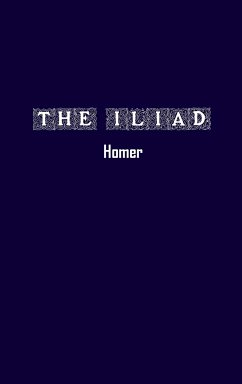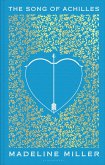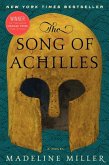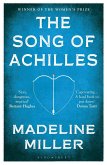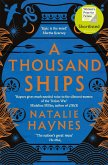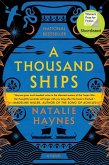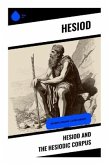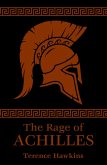"The Iliad," an epic poem attributed to the ancient Greek poet Homer, stands as a timeless masterpiece that has captivated readers for centuries. Composed around the 8th century BCE, this monumental work is one of the foundational texts of Western literature, weaving a narrative tapestry of war, heroism, and the complexities of the human condition. At its core, "The Iliad" chronicles the Trojan War, a legendary conflict between the Achaeans (Greeks) and the Trojans, sparked by the abduction of Helen, the beautiful queen of Sparta. The epic unfolds over the course of 24 books, each an intricate chapter in a saga marked by divine intervention, mortal prowess, and the inexorable hand of fate. The protagonist, Achilles, a formidable and almost invincible Greek warrior, takes center stage, embodying the archetypal hero whose internal struggles mirror the external conflicts of the war. The poem begins with the wrath of Achilles, offended by the actions of Agamemnon, the Achaean leader. The ensuing battles, alliances, and tragic events serve as a backdrop for profound themes such as honor, glory, love, and the inevitability of mortality. Homer's poetic prowess is evident in the vivid and detailed descriptions of the battlefield, the characters' emotional turmoil, and the intervention of the gods, who manipulate the course of human destiny. The interactions between mortals and immortals add layers of complexity to the narrative, highlighting the fragile boundary between the divine and earthly realms. "The Iliad" is not merely a war story; it delves deep into the human psyche, exploring the impact of hubris, the consequences of pride, and the inevitability of death. It presents a nuanced portrayal of heroism, questioning the very nature of glory in the face of mortality. The language of "The Iliad" is rich, poetic, and powerful, showcasing Homer's mastery of the epic form. Over the centuries, countless translations and interpretations have brought this ancient tale to readers around the world, ensuring its continued relevance and influence. From Alexander Pope's heroic couplets to Robert Fagles' modern verse translation, each rendition adds a unique perspective, enhancing the accessibility and appreciation of this timeless epic. In "The Iliad," readers encounter a literary journey that transcends time and culture, resonating with the universal struggles and triumphs of the human experience. This epic poem remains an enduring testament to the power of storytelling, offering insights into the complexities of war, the fragility of life, and the enduring legacy of a civilization that shaped the course of human history.
Hinweis: Dieser Artikel kann nur an eine deutsche Lieferadresse ausgeliefert werden.
Hinweis: Dieser Artikel kann nur an eine deutsche Lieferadresse ausgeliefert werden.

